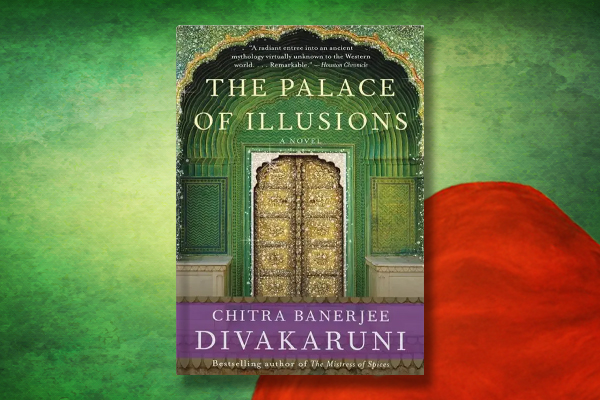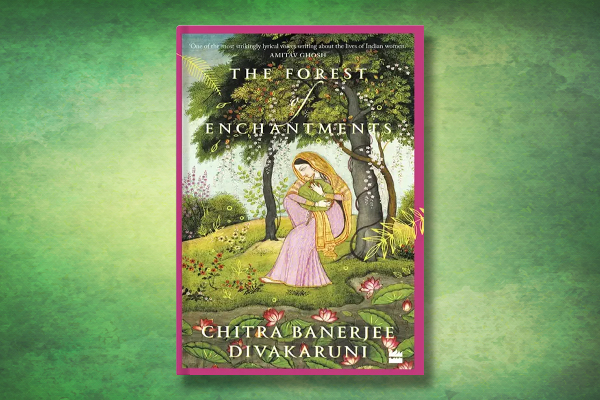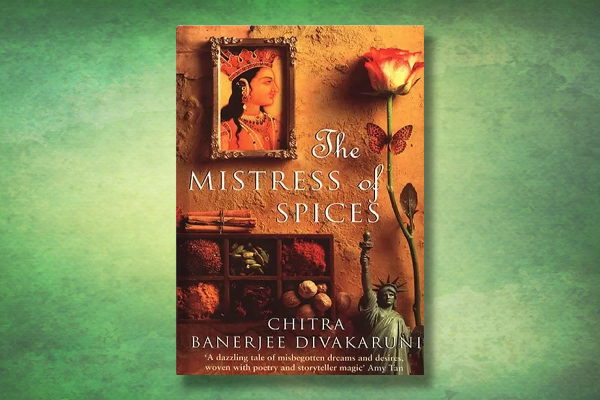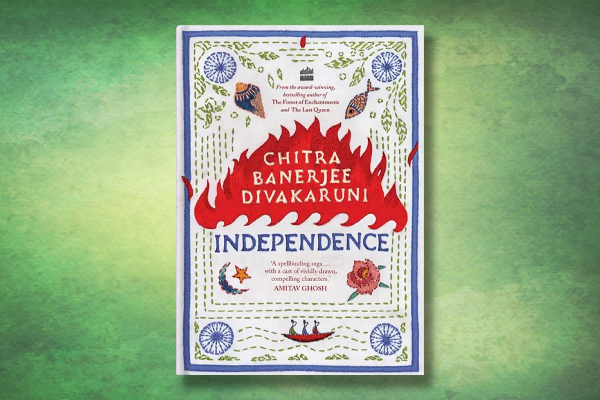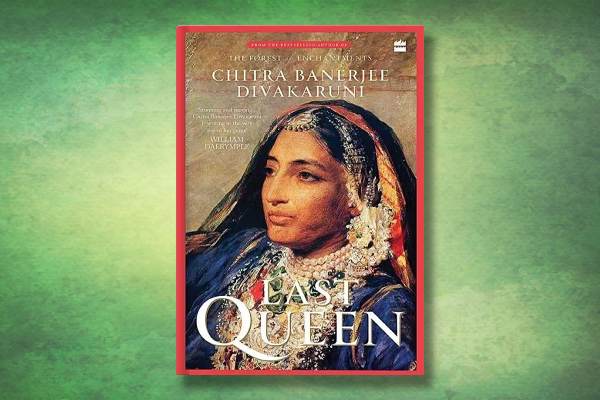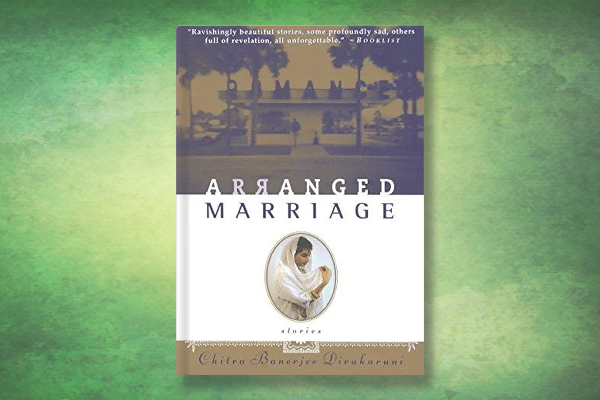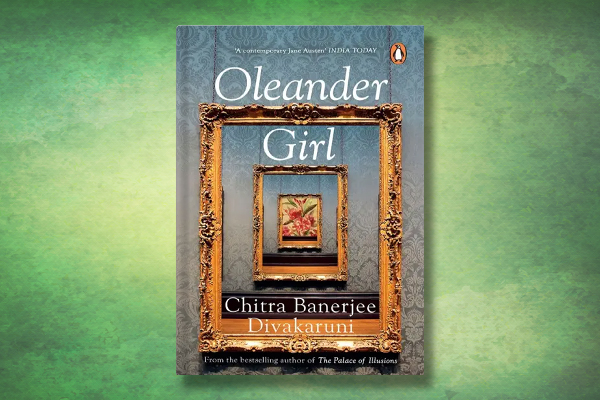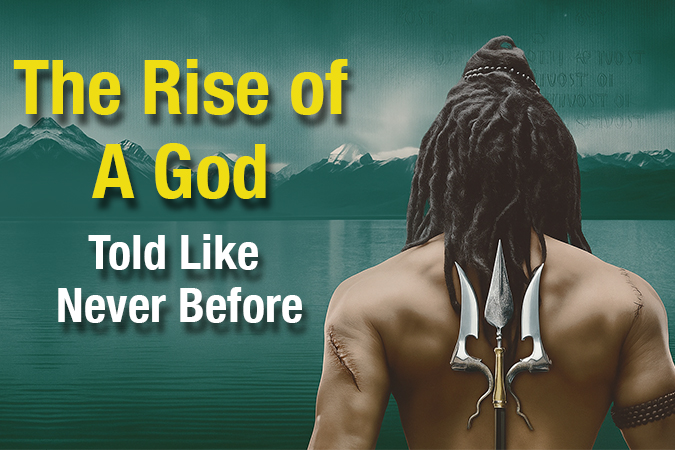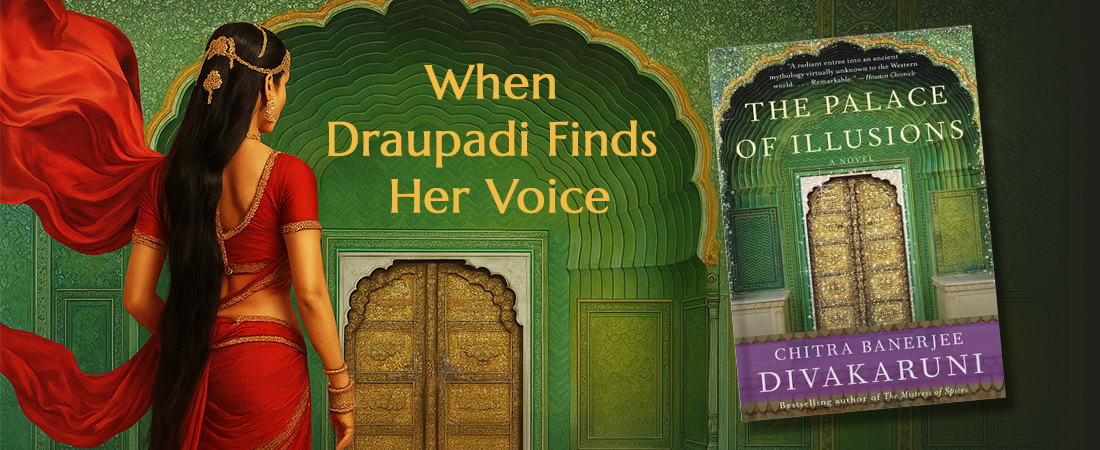
Mythology is often told through the voices of kings, warriors, and gods. Rarely do we pause to ask what the women in these stories might have felt. Chitra Banerjee Divakaruni answers this question in her celebrated novel The Palace of Illusions.
What is The Palace of Illusions about? At its heart, it is a re-telling of the Mahabharata through Draupadi’s eyes, a perspective that has long been overlooked in traditional narratives.
This bold retelling takes readers into a familiar world made startlingly new. Draupadi is no longer just the wife of the Pandavas or the catalyst for war; she is a woman with a voice, desires, and flaws.
For fans of mythological fiction and readers curious about how timeless stories can be re-imagined, The Palace of Illusions is essential reading.
What Is The Palace of Illusions About?
Divakaruni’s The Palace of Illusions is a sweeping narrative set in the mythical world of the Mahabharata. The novel traces Draupadi’s journey from her unusual birth in fire to her marriage to the five Pandava brothers, and finally to the devastating Kurukshetra war.
This narrative is a complete re-framing of Draupadi herself. It explores the question ‘Who is Draupadi?’ The common answer: Draupadi is a central character in the Indian epic Mahabharata, born from fire as the daughter of King Drupada. She became the wife of the five Pandava brothers and is often seen as a symbol of dignity, strength, and resilience, her story shaping the events that lead to the great Kurukshetra war. Her humiliation in the Kaurava court is one of the most pivotal moments in the epic, sparking the conflict that defines the narrative.
In this retelling, she is clever, ambitious, and haunted by love and longing. She builds a palace that becomes a metaphor for her desires – a shimmering space of beauty and illusion that reflects her inner conflicts.
Bold, intelligent, and conflicted, she reclaims her voice as daughter, queen, mother, and woman, revealing the desires and dilemmas hidden behind the epic’s grand battles. Through her eyes, readers also experience the loneliness, frustrations, and quiet rebellions of a woman caught in a world defined by men.
Banerjee’s Draupadi is as much a modern woman as she is a mythical queen.
Main Themes of The Palace of Illusions
So, what is the main theme of the book? At its heart, it is about a woman finding her own voice in an epic that’s long drowned hers. Draupadi refuses to be a passive character in her own life story. Themes of identity, destiny, and autonomy run through the novel.
- Feminist Retelling: Draupadi’s voice challenges the patriarchal framework of the Mahabharata.
- The Burden of Destiny: Her life is shaped by prophecy, yet she constantly questions the role fate plays in her suffering.
- Love and Longing: Her secret connection with Karna gives the novel a powerful emotional tension.
- Illusion vs. Reality: The palace she creates mirrors the illusions she holds about love, justice, and freedom.
Is The Palace of Illusions Worth Reading?
The short answer – yes!
The long answer – The novel’s lyrical prose and emotionally charged storytelling make it one of the best mythology books of recent decades. Here’s why:
- It Captivates: Divakaruni transforms a familiar story into something intimate and fresh. Even readers who know the Mahabharata well will be surprised by her re-imagining.
- It Challenges: Purists of mythology may find the liberties taken controversial, but that’s precisely why it stands out.
- It Matters: It places women at the centre of one of the world’s greatest epics, reminding us that mythology is alive and evolving.
About the Author: Chitra Banerjee Divakaruni
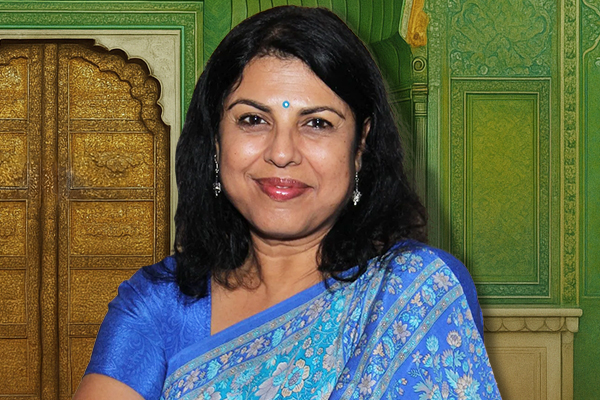
Chitra Banerjee Divakaruni is an award-winning Indian-American writer, activist, professor, and speaker whose work spans novels, short stories, poetry, essays, and children’s books. Her writing often centres on strong female characters, mythological retellings, and immigrant experiences.
Divakaruni is the author of 21 books, including The Mistress of Spices, Sister of My Heart, Before We Visit the Goddess, The Palace of Illusions, The Forest of Enchantments, and The Last Queen. Her most recent novel, Independence, a moving story of three sisters during India’s freedom struggle, won the 2024 American Book Award.
Her work has appeared in publications such as The Atlantic, The New Yorker, and The Best American Short Stories. Several of her books have been adapted into films, plays, operas, and dance dramas, including The Mistress of Spices and Sister of My Heart. Divakaruni is the McDavid Professor of Creative Writing at the University of Houston.
Some of her most popular works include:
This novel retells the Ramayana from Sita’s perspective, giving her a strong and compassionate voice. It explores her struggles, choices, and resilience as she navigates love, exile, and betrayal, making it a companion work to The Palace of Illusions.
A magical realist tale about Tilo, a mystical shopkeeper in Oakland who uses ancient spices to heal her customers. The story weaves myth, magic, and modern immigrant lives, showing the clash between tradition and assimilation.
This novel retells the Ramayana from Sita’s perspective, giving her a strong and compassionate voice. It explores her struggles, choices, and resilience as she navigates love, exile, and betrayal, making it a companion work to The Palace of Illusions.
A richly detailed account of Rani Jindan Kaur, the fearless queen of Punjab and mother of Maharaja Duleep Singh. The book traces her journey from obscurity to becoming a political force who challenged the British Empire.
This award-winning short story collection depicts immigrant women caught between Indian traditions and Western modernity. The stories explore love, duty, identity, and the difficult choices women must make in their search for belonging.
Oleander Girl follows Korobi Roy, a sheltered 17-year-old from Kolkata whose life unravels after her grandfather’s sudden death. A long-buried family secret sends her across America, in the company of an attractive stranger, in search of the truth about her parents and herself.
The Palace of Illusions is among the best mythology books of our time; it’s a story that will stay with you long after the last page.

